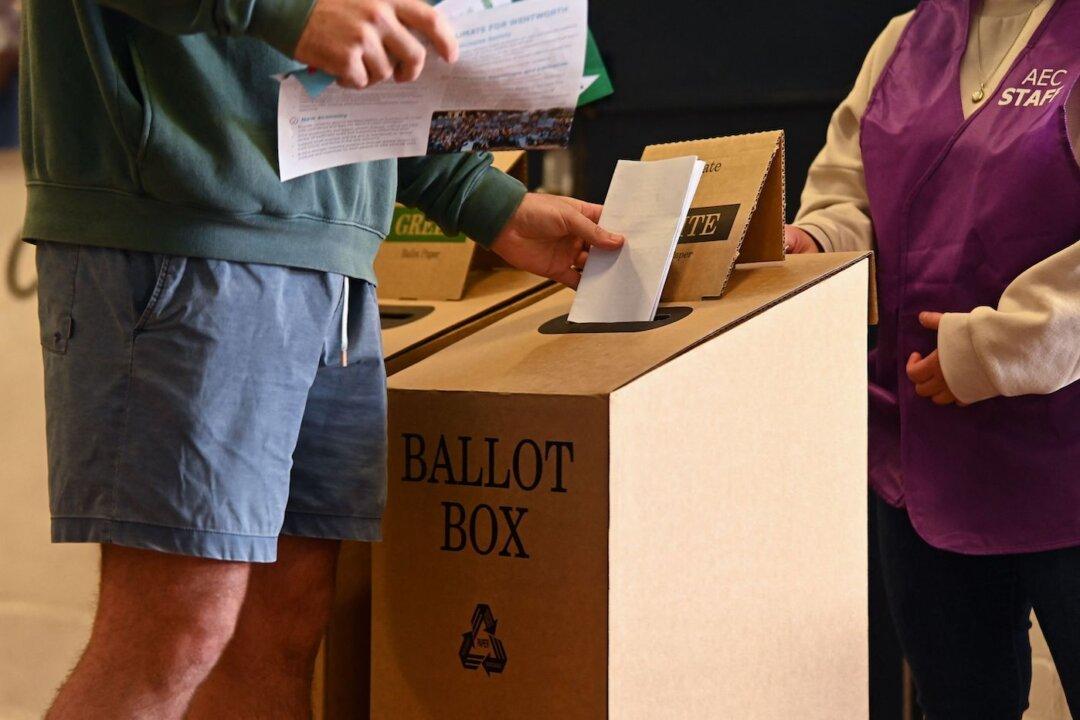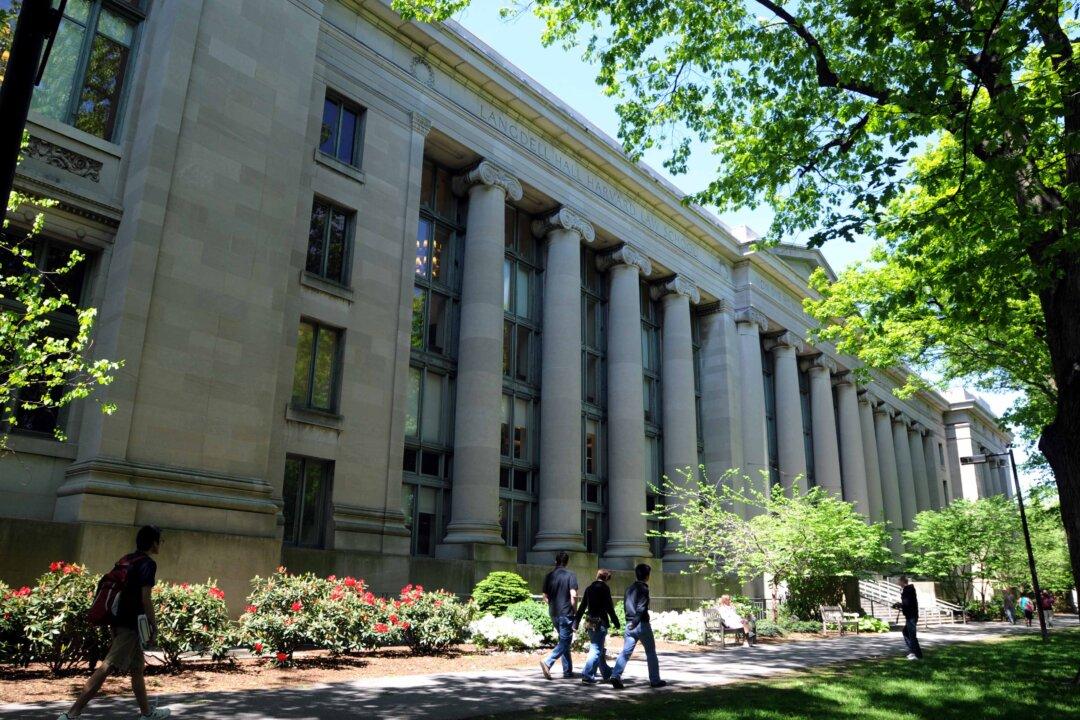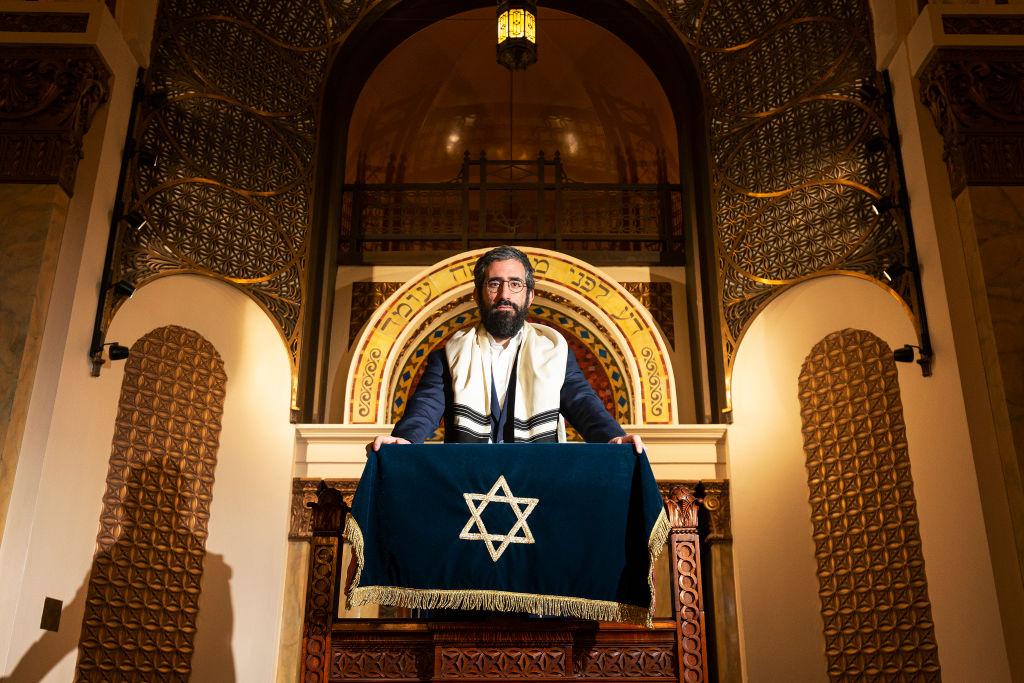Commentary
Unless we are vigilant, Australians will soon find that any public declaration or practice of an explicitly religious viewpoint—particularly a Christian one—whether in relation to gender, sexuality, euthanasia, or even history, will be condemned as harmful hate speech. And that condemnation is likely to become ever more bitter.





